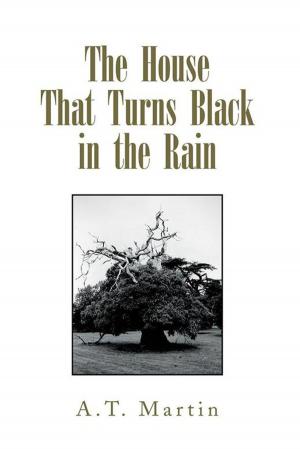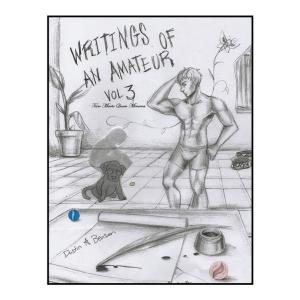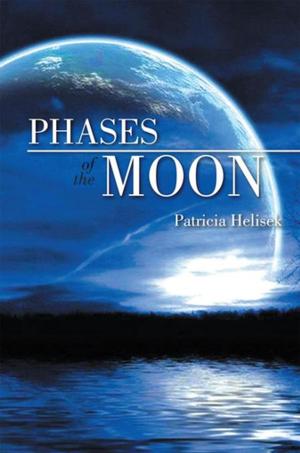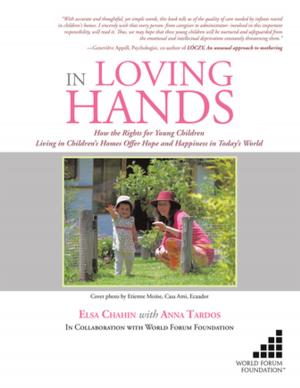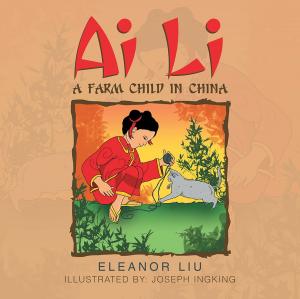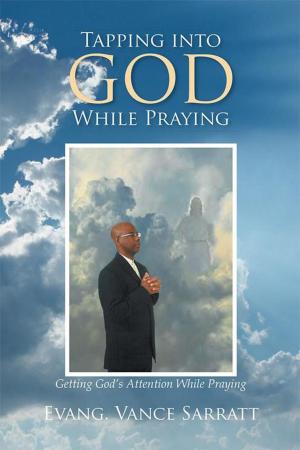| Author: | Ariane T. Alexander | ISBN: | 9781462825578 |
| Publisher: | Xlibris US | Publication: | May 29, 2001 |
| Imprint: | Xlibris US | Language: | English |
| Author: | Ariane T. Alexander |
| ISBN: | 9781462825578 |
| Publisher: | Xlibris US |
| Publication: | May 29, 2001 |
| Imprint: | Xlibris US |
| Language: | English |
Amidst a world in global turmoil, Victory, a half Native American woman searches for her identity. Victorys mother is a woman of Scottish nobility, an unknowing mistress to Victorys Native American Air Force Captain father, who does not tell her he is married with a wife and children in the States. Cast out from her family in disgrace, Lady Joy McLeod gives birth to Victory and her twin sister in a night of furious rain in a French convent. Victorys twin sister and mother do not survive the birth, plunging Victory into the traumatic world of an orphan, alone and far from both her birth families.
Three years pass, in which Victory is an orphan, separated from The People, as her Native American grandfather calls the Cheyenne tribe. In an attempt to salvage his honor and reputation with his people, Victorys father kidnaps her from the convent and returns her to the Indian reservation where her grandfather lives.
Victory returns to American, diagnosed as autistic, yet capable of great talents, powers and abilities. Her Native American Grandfather is the only two legged able to reach her, and nurtures and teaches her in the way of his people. Victory begins training as a medicine woman. Yet she finds that spirituality cannot completely explain her world, yet neither can science. Between these two worlds, the spiritual and the material, she must search for an answer, to her life, and to the future of Earth.
Her relationship with her father is difficult and painful. Her search for identity as a woman who is half Native American and half wasichu (white) is full of anguish, and includes encounters with racism and rejection from both societies. Victory has experiences in her life that are so horrific that she doubts whether she can go on, but somehow she transcends the pain of the material world through her inner spiritual journeys. Victory is a profile in courage, and her story speaks for the journey of all women.
Issues explored within this story are at once both contemporary and searching. Attention is focused on values such as family, love, loyalty, ethnic identification and cultural history. Yet also interwoven in what is right are themes of continual betrayal, hatred, murder and rage. The reader may feel Victory may not be able to rise once more from the ashes of her experiences, but always, true to her name, she has the courage to return to life and walk once more to a goal and a new life.
Romance, passion, and sensual experiences are also a part of this vital womans life. Her attitude towards love is much like traditional males, and oftimes contains a double standard. Yet she is not afraid to experience life, even if it means failing and returning again to the world of love. During her lifetime she is married three times but divorce is not within her vocabulary. She experiences the greatest loss of a mother, the loss of children. Yet Victory goes on to celebrate her living children and grandchildren.
Amidst a world in global turmoil, Victory, a half Native American woman searches for her identity. Victorys mother is a woman of Scottish nobility, an unknowing mistress to Victorys Native American Air Force Captain father, who does not tell her he is married with a wife and children in the States. Cast out from her family in disgrace, Lady Joy McLeod gives birth to Victory and her twin sister in a night of furious rain in a French convent. Victorys twin sister and mother do not survive the birth, plunging Victory into the traumatic world of an orphan, alone and far from both her birth families.
Three years pass, in which Victory is an orphan, separated from The People, as her Native American grandfather calls the Cheyenne tribe. In an attempt to salvage his honor and reputation with his people, Victorys father kidnaps her from the convent and returns her to the Indian reservation where her grandfather lives.
Victory returns to American, diagnosed as autistic, yet capable of great talents, powers and abilities. Her Native American Grandfather is the only two legged able to reach her, and nurtures and teaches her in the way of his people. Victory begins training as a medicine woman. Yet she finds that spirituality cannot completely explain her world, yet neither can science. Between these two worlds, the spiritual and the material, she must search for an answer, to her life, and to the future of Earth.
Her relationship with her father is difficult and painful. Her search for identity as a woman who is half Native American and half wasichu (white) is full of anguish, and includes encounters with racism and rejection from both societies. Victory has experiences in her life that are so horrific that she doubts whether she can go on, but somehow she transcends the pain of the material world through her inner spiritual journeys. Victory is a profile in courage, and her story speaks for the journey of all women.
Issues explored within this story are at once both contemporary and searching. Attention is focused on values such as family, love, loyalty, ethnic identification and cultural history. Yet also interwoven in what is right are themes of continual betrayal, hatred, murder and rage. The reader may feel Victory may not be able to rise once more from the ashes of her experiences, but always, true to her name, she has the courage to return to life and walk once more to a goal and a new life.
Romance, passion, and sensual experiences are also a part of this vital womans life. Her attitude towards love is much like traditional males, and oftimes contains a double standard. Yet she is not afraid to experience life, even if it means failing and returning again to the world of love. During her lifetime she is married three times but divorce is not within her vocabulary. She experiences the greatest loss of a mother, the loss of children. Yet Victory goes on to celebrate her living children and grandchildren.

